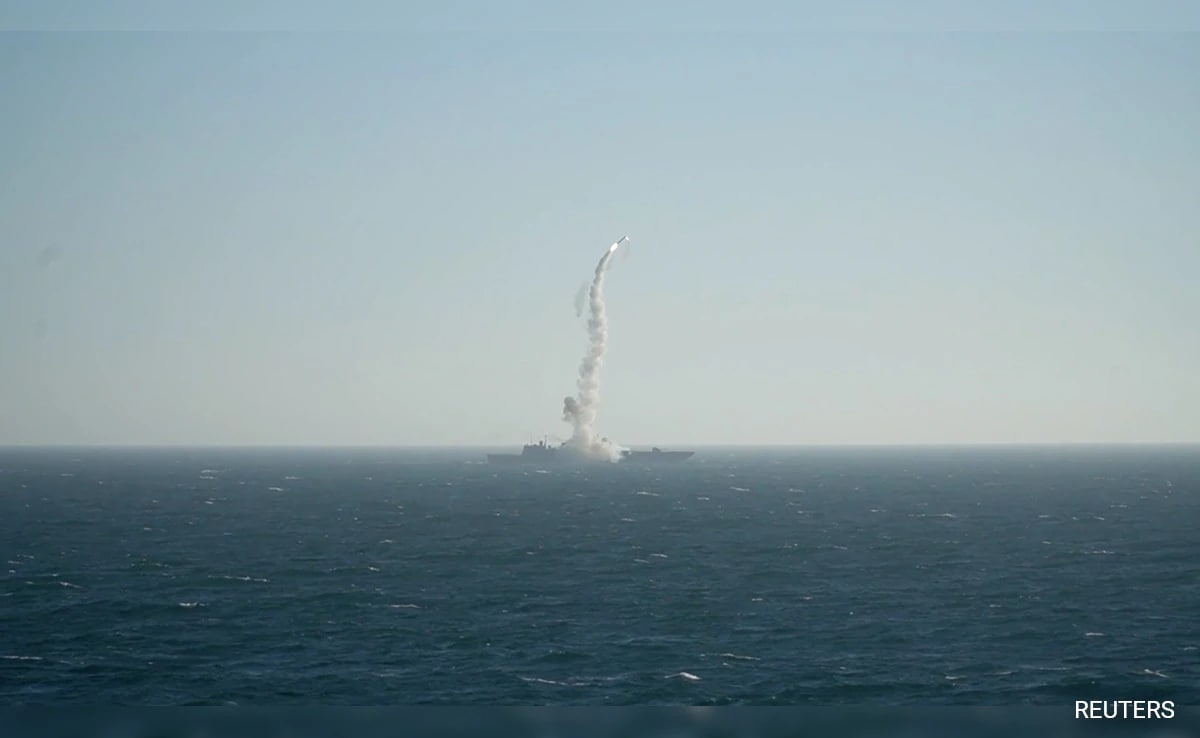âI think we can say goodbye to these clouds, they are finally dissipating,â Larry Larkins optimistically told passersby. âItâs going to be a lovely day of tennis for all.â
Not quite all.
Djokovic, the worldâs top-ranked menâs tennis player, had been unceremoniously deported 12 hours earlier after a trio of federal judges upheld the Australian immigration ministerâs decision to cancel the unvaccinated athleteâs visa. As he walked through the departure gate, his fellow passengers broke into applause, according to one person on the flight. With Djokovic potentially banned from Australia for three years, it just might have been the last applause heâll get Down Under.
Now, the tournament Djokovic had been favored to win for a tenth time was finally underway without him.
Yet, the shadow of the scandal still hung over the championship, like the rain clouds looming over the courts, threatening to cancel play. And even if the Novak noise was gone, another invisible issue remained.
Australia had deported Djokovic, but the omicron variant is here to stay.
After largely escaping the coronavirus for the first 18 months of the pandemic, Australia is now in its grips. With an average of around 100,000 new cases a day, the country is in the midst of one of the sharpest spikes in cases per capita in the world. The surge in infections â almost all of them omicron â has led to supermarket shortages, testing issues and canceled vaccination appointments.
For Prime Minister Scott Morrison, the arrival of an uber-rich foreigner with a suspect medical exemption to Australiaâs strict vaccination entry requirements proved a useful distraction for a politician who has been struggling in the polls ahead of an election later this year.
At Melbourne Park on Monday, however, Djokovicâs absence and the virusâs omnipresence were a double-whammy driving down attendance. Victoria state officials ordered ticket sales capped at 50 percent.
Uncertainty over the Serbâs involvement had reportedly led to refunds outstripping ticket sales. And the fans who did show up immediately noticed a very different atmosphere than in tournaments of old. (Apart from last year, when covid-19 forced fans out of some matches.)
âItâs very quiet for the first day,â said Andrew Vize, 53, as he drank coffee with his mother shortly before the first match of the day. He wasnât expecting to be here. But then his niece had joined the ranks of the roughly 700,000 people in Australia who currently have the coronavirus.
âI think we all expected it would come in,â Vize said of the omicron variant now running rampant Down Under. âBut we didnât think it would be so, vroom! Hard and quick."
Like the majority of people in this law-abiding country, Vize had little sympathy for the superstar scofflaw but also believed Australiaâs government had tried to exploit the situation only to make a mess of it. Yet, the embarrassment wouldnât last forever.
âWeâre just such a sports-mad city,â he said of Melbourne. âWeâll forget about it halfway through the week and itâll all be about the tennis.â
âI feel sorry for him, but rules are rules,â added another Melburnian, Jo Matheson, 57.
Nearby, two young men unfurled a Serbian flag with Djokovicâs face and the word GOAT, short for âGreatest of all time," as their friend snapped a photo.
The three Serbian-Australians had bought tickets hoping to see Djokovic. They had thought about boycotting the Open after his deportation but instead decided to support the remaining Serbian players.
âIt wonât be the same this year,â said Garina Carovic, 20, dressed in a Serbian soccer jersey. âHeâs like family to us.â
âThe minister admitted that his visa was correct. Now they are trying to say heâs an anti-vaxxer,â scoffed Febo Farovic, also 20. âThe government is trying to distract people from the fact that there are no rapid tests. They are using him as a scapegoat."
âDjoko!â shouted a passerby wearing a âDjokovicâ T-shirt, giving Carovic a fist bump.
But the sea of Serbs that normally attend the tournament in support of Djokovic appeared to have mostly stayed away this year. John Cain Arena was almost empty, with only one Serbian flag in sight when Laslo Djere lost his match.
Vinodkumar Kaliyanthil had planned to spend more than $500 on a few daysâ worth of tickets for himself and his son in the hope they could see the boyâs favorite player. But when Djokovic was deported, Kaliyanthil scaled back their plans.
âI feel bad,â said 10-year-old Parthiv, as he carried an oversized tennis ball signed by two other players. Djokovicâs signature would have to wait.
âItâs a big disappointment for tennis fans,â Kaliyanthil said.
Instead, father and son went to see Djokovicâs rival, Rafael Nadal, cruise to victory as he tries to surpass the Serb and win his 21st Grand Slam title.
But as the day wore on, the sun began to break through the clouds and the squeaks of hard-court tennis began to be drowned out as the crowds came alive.
The loudest cheers came from Court 3, where unseeded Australian Aleksandar Vukic was roaring back from one set down against favored South African, Lloyd Harris.
âAussie, Aussie, Aussie, Oi, Oi, Oi,â the crowd chanted as Vukic climbed his way back into the match. When the 25-year-old won the decisive tiebreaker, he dropped his racket and raised his hands to his face in disbelief.
Djokovic had been deported. Omicron was everywhere.
But the game goes on.
Read more:
.png)











 English (United States) ·
English (United States) ·  Turkish (Turkey) ·
Turkish (Turkey) ·